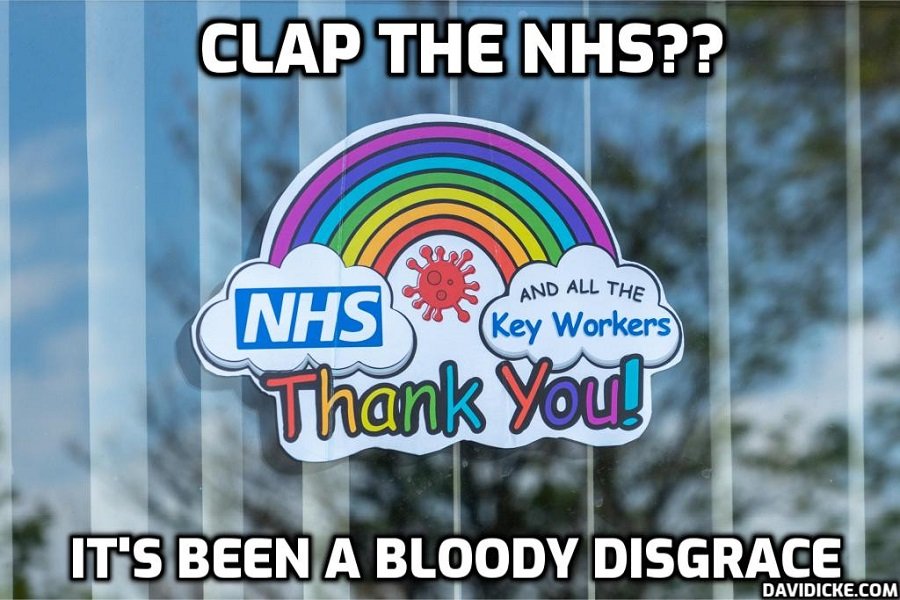UK doctors ‘less likely’ to resuscitate the most seriously ill patients since ‘Covid’

Doctors are less likely to resuscitate the most seriously ill patients in the wake of the pandemic, a survey suggests.
Covid-19 may have changed doctors’ decision-making regarding end of life, making them more willing not to resuscitate very sick or frail patients and raising the threshold for referral to intensive care, according to the results of the research published in the Journal of Medical Ethics.
However, the pandemic has not changed their views on euthanasia and doctor-assisted dying, with about a third of respondents still strongly opposed to these policies, the survey responses reveal.
Related: Third of UK hospital Covid patients had ‘do not resuscitate’ order in first wave
The Covid-19 pandemic transformed many aspects of clinical medicine, including end-of-life care, prompted by millions more patients than usual requiring it around the world, say the researchers.
The survey sought to find out if it has significantly changed how doctors make end-of-life decisions, specifically in respect of do not attempt cardio-pulmonary resuscitation (DNACPR) notices and treatment escalation to intensive care. Researchers also wanted to know if the pandemic had changed doctors’ views on euthanasia and doctor-assisted suicide.
The survey was open to doctors of all grades and specialties in the UK between May and August 2021. In all, 231 responded: 15 from foundation year 1 junior doctors (6.5%); 146 from senior junior doctors (SHOs) (63%); 42 from hospital specialty trainees or equivalent (18%); 24 from consultants or GPs (10.5%); and 4 others (2%).
In respect of DNACPR, the decision not to attempt to restart a patient’s heart when it or breathing stops, more than half the respondents were more willing to do this than they had been previously.
Read more: UK doctors ‘less likely’ to resuscitate the most seriously ill patients since ‘Covid’
This article has been archived for your research. The original version from David Icke can be found here.


